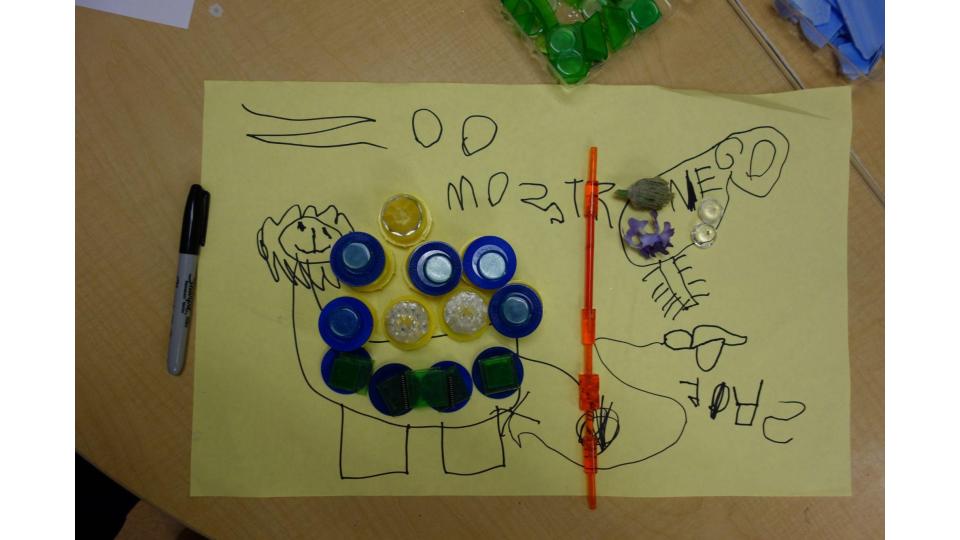Southern Oregon Cohort
Exploring the possibilities of playful inquiry for early learning classrooms in rural settings.
Thank you for your interest in our Southern Oregon Cohort! Registration is now closed.
If you are enrolled in the Southern Oregon Cohort, use this password protected page:
Schedule of Events
In-Person
- March 8-9th at the Children’s Museum of Southern Oregon in Medford, OR
- Friday 5-8:30pm
- Saturday 9am-3pm
Virtual
- April Zoom Event, date will be determined on March 9th by cohort participants.
In-Person
- March 17-18th at Imagine That in Grants Pass, OR
- Friday 5-8:30pm
- Saturday 9am-3pm
What is Asset-Based Playful Inquiry?
Asset-based Playful Inquiry Approaches integrates the following to form rich practice: 1) the most recent knowledge about play and human development from brain and neuroscience research, 2) the immense capacity of young children to learn through the arts and sciences during this unique stage of their lives, and 3) the importance of cultivating a responsive collaborative community of learners who find joy in making meaning of their world.
If you want to learn more, visit our Resource Library:

Frequently Asked Questions
Will there be lodging available?
Yes! Once cohort registration has completed, we will be reaching out to participants to inform you of your travel arrangements. We will be paying for one evening on March 8th in Medford, OR and one evening on May 17th in Grants Pass, OR. The exact location is TBD.
Will I need a vehicle or car to get around?
Yes, unfortunately. In Medford, we will try and book a hotel that does not require the use of a vehicle. In Grants Pass, due to the locations of our sites, you will need a car to get around. If this is a barrier to participation please contact Emily McNeff at mcneff@teachingpreschoolpartners.org
Can I apply if I don't work in a public school district?
Yes, but we will be prioritizing spots for participants who are working on the alignment between elementary and preschool education.
Why are you focused on school district preschools?
Historically, early childhood programs have not been seen as valuable partners to school districts. Meanwhile school districts are increasingly and ever more important in the delivery of our early childhood system in our state. We are looking for programs that have some kind of existing or emerging partnership or relationship with school districts because the work towards building common practices between preschool and elementary starts with trusting relationships.We don’t see preschool as a preparation for “real learning” to come as if real learning weren’t taking place in preschool. We believe elementary school classrooms need to adapt to what we now know and understand about young children. Further, preschool programs need to be aware of the expectations and demands of a public school setting. Local providers who come alongside an elementary teacher would be a great sign of a partnership, where practices are shared and common between providers and school districts.